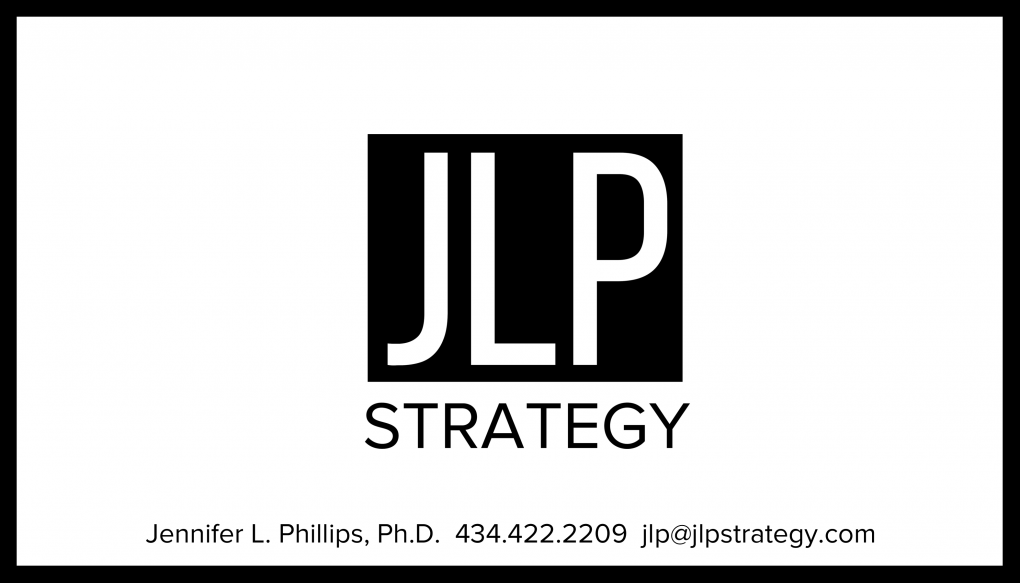This 1974 gem from Robert Palmer perfectly evokes the ennui of the modern professional worker. The lyrics describe the frustration of being stuck, with no way forward but the slog.1 The tempo and Palmer’s buttery vocals add a tangible feeling to the song’s intentionally depleted energy. Best of all, Palmer offers the perfect antidote:
The tempo and Palmer’s buttery vocals add a tangible feeling to the song’s intentionally depleted energy. Best of all, Palmer offers the perfect antidote:
 The tempo and Palmer’s buttery vocals add a tangible feeling to the song’s intentionally depleted energy. Best of all, Palmer offers the perfect antidote:
The tempo and Palmer’s buttery vocals add a tangible feeling to the song’s intentionally depleted energy. Best of all, Palmer offers the perfect antidote:Get outside.
As it turns out, Palmer was way ahead of his time. Contemporary scientists would approve. Give him a listen, and consider these benefits of the great outdoors:
- Outdoor time counteracts the negative health impacts of prolonged sitting and Vitamin-D deficiency (two markers of office work). 2AsapSCIENCE, “What if You Stopped Going Outside?”
- Observing nature counteracts what psychologists call “directed attention fatigue.” When you return to your desk, you will be less distracted, less irritable, and less impulsive. 3Rebecca Clay, American Psychological Association, “Green Is Good for You.”
- Time observing nature correlates with improved attention to detail. 4Rebecca Clay, American Psychological Association, “Green Is Good for You.”
- Nature walks decrease activity in the subgenual prefrontal cortex, the part of the brain responsible for brooding. 5Gretchen Reynolds, New York Times, “How Walking in Nature Changes the Brain.”
- Time in nature correlates strongly with enhanced creative problem-solving. 6University of Utah, “Nature Nurtures Creativity.”
Trust the science, and get outside — on behalf of your physical health, your psychological wellbeing, and your performance at work.
The world outside your office is simply irresistible.7Sometimes a pun just calls out to you.




